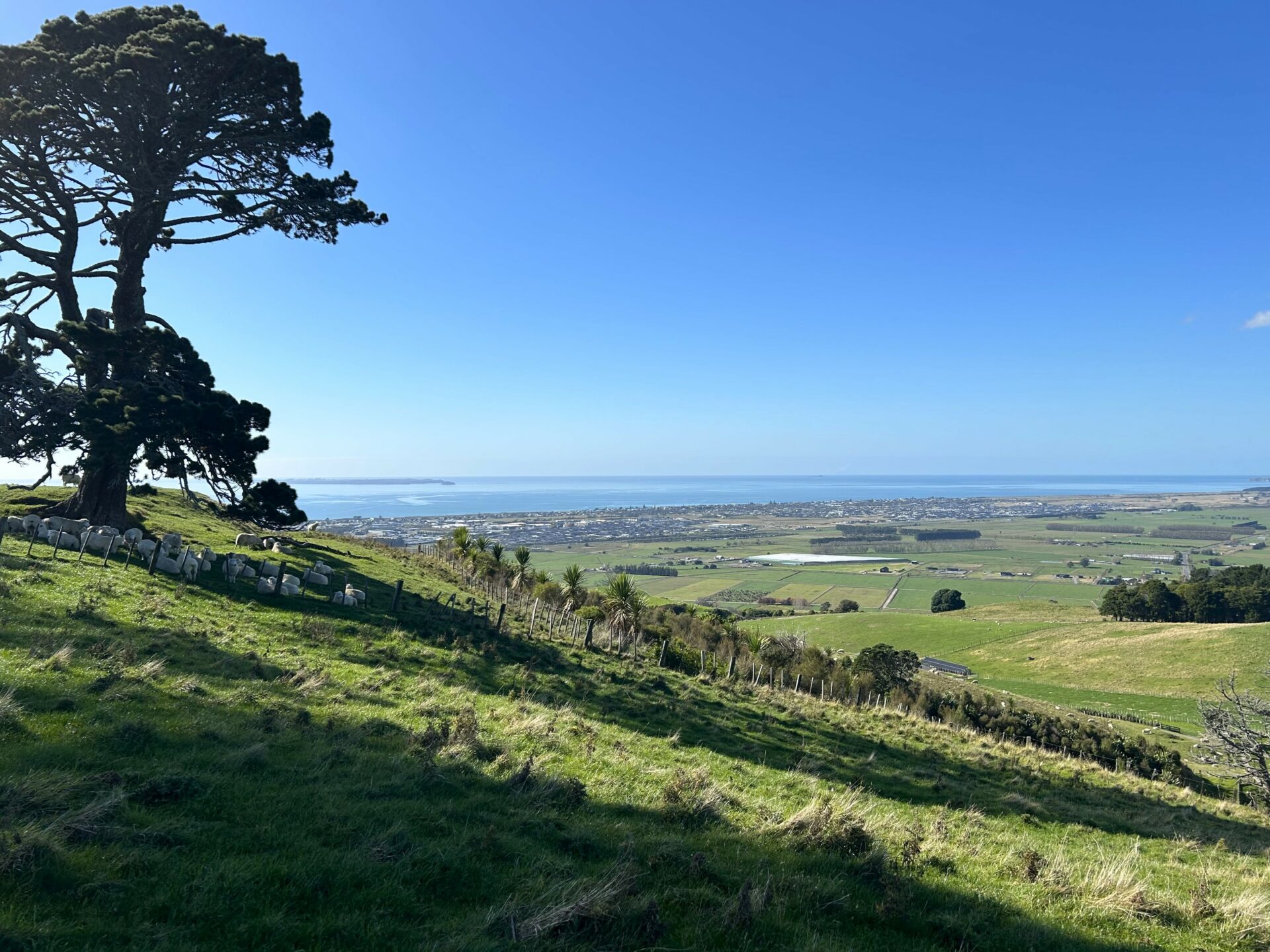Although a Bill is yet to be introduced, the 12 May 2020 Cabinet paper released on the proposed COVID-19 Recovery (Fast-track Consenting) Bill throws more light on what the fast-track consenting process will look like. Central and local government projects look to be the major beneficiary of the proposal, with other projects needing to be selected against eligibility criteria in order to qualify.
Projects that are eligible
Specific large-scale Government-led projects will be listed in the Bill, and the Bill will also enable certain central and local government projects to occur as of right, provided specified criteria, such as capital value thresholds or land tenure requirements are met. The Cabinet paper acknowledges that this brings a risk of a “less robust assessment of environmental effects” but rationalises this on the basis that central and local government agencies have a clear role in delivering public benefit, are subject to a higher level of scrutiny than private organisations, and have governing legislation that requires environmental considerations.
Beyond that, people with publicly or privately-led projects can apply to the Minister for the Environment to use a fast-track process. If the Minister considers that the project meets the purpose of the legislation, then an Order in Council will be made and it will be referred to an Expert Consenting Panel for a decision.
Criteria for non-listed publicly or privately-led projects
The criteria that the Minister will use to decide whether to fast-track a particular project are:
- economic benefits for communities or industries affected by COVID-19
- the social and cultural wellbeing of current and future generations
- whether the project would likely progress significantly faster by using this process
- whether the project will result in a significant public benefit. When considering whether it will do so, the Minister may have regard to any relevant matter, including whether the project will:
- generate employment
- increase housing supply and contribute to well-functioning urban environments
- provide infrastructure, to improve economic, employment, and environmental outcomes, and increase productivity
- improve environmental outcomes for coastal or freshwater quality, air quality, or indigenous biodiversity
- minimise waste
- contribute to New Zealand’s efforts to mitigate climate change, including accelerating New Zealand’s transition to a low emissions economy
- promote the protection of historic heritage
- strengthen our environmental, economic and social resilience, including to natural hazards and the impacts of climate change.
There are certain conditions which the project must meet, such as that it would not authorise any activity classified as prohibited in any plan or proposed plan, nor involve land returned under a Treaty settlement unless there is agreement from the relevant iwi authority. However, the Cabinet paper notes that once an Order in Council is made, there should be a high level of certainty that a resource consent or designation will be granted.
Expert Consenting Panel process
The Panel which will make the decision in relation to the fast-tracked project will generally have no more than four members, but could exceed this in order to accommodate local circumstances. Unless otherwise provided for in a Treaty settlement, the Panel will be chaired by a current or retired Environment Court Judge (or other judge, or senior lawyer), and include a member of (or person nominated by) the relevant local authorities, and include a representative nominated by the relevant iwi authorities.
If a project is referred to the Panel, there will be no public notification but the Panel will be required to invite comment from certain parties including:
- the relevant local authorities
- any relevant iwi authority
- any relevant customary marine title group, protected customary rights group or applicant group under the Marine and Coastal Area (Takutai Moana) Act 2011
- the owners and occupiers of any land on which the project is to be undertaken, or of any adjacent land
- certain Ministers of the Crown (to be identified in the legislation)
- certain organisations or persons, to be identified in the legislation, including but not limited to environmental NGOs and infrastructure industry groups
- any other person that the Minister for the Environment (and Minister of Conservation, if the project relates to the coastal marine area) considers appropriate
Timeframes and appeal rights
There is no obligation to hold a hearing, and the Panel must issue its decision on an application within 25 working days of the date it specifies it must receive comments on the application. The Panel can double this timeframe due to the scale of the project.
Appeals against a Panel decision on a resource consent will be limited to a point of law appeal to the High Court and a further right of appeal to the Court of Appeal, with no right of appeal to the Supreme Court.
Sunset clause
A two-year sunset clause is proposed for the Bill, although some Orders in Council approved prior to the repeal date may continue to have effect depending on the project.
Who benefits?
Listed Government-led projects are the clear beneficiary, as are the central and local government activities which will be able to occur as of right – essentially as deemed permitted activities.
Beyond that, a range of developers and infrastructure providers will be assessing their projects against the criteria for obtaining Ministerial approval to use the fast-track process. While projects that increase housing supply and contribute to well-functioning urban environments are a consideration, it remains to be seen whether this extends beyond large-scale re-zoning of land and associated infrastructure to the land developers themselves.
Environmental projects should also benefit – either from being specifically listed or through the eligibility criteria which include whether a project will improve environmental outcomes for coastal or freshwater quality, air quality, or indigenous biodiversity.
Conclusion
Once the Bill is introduced, it will provide more detaiI, at least on the large-scale Government-led projects to be listed, and the central and local government projects to occur as of right. It remains to be seen whether the eligibility and selection process for other publicly or privately-led projects will be any more fleshed out than the Cabinet paper.
It is likely that the Bill will be introduced shortly and passed under urgency.



